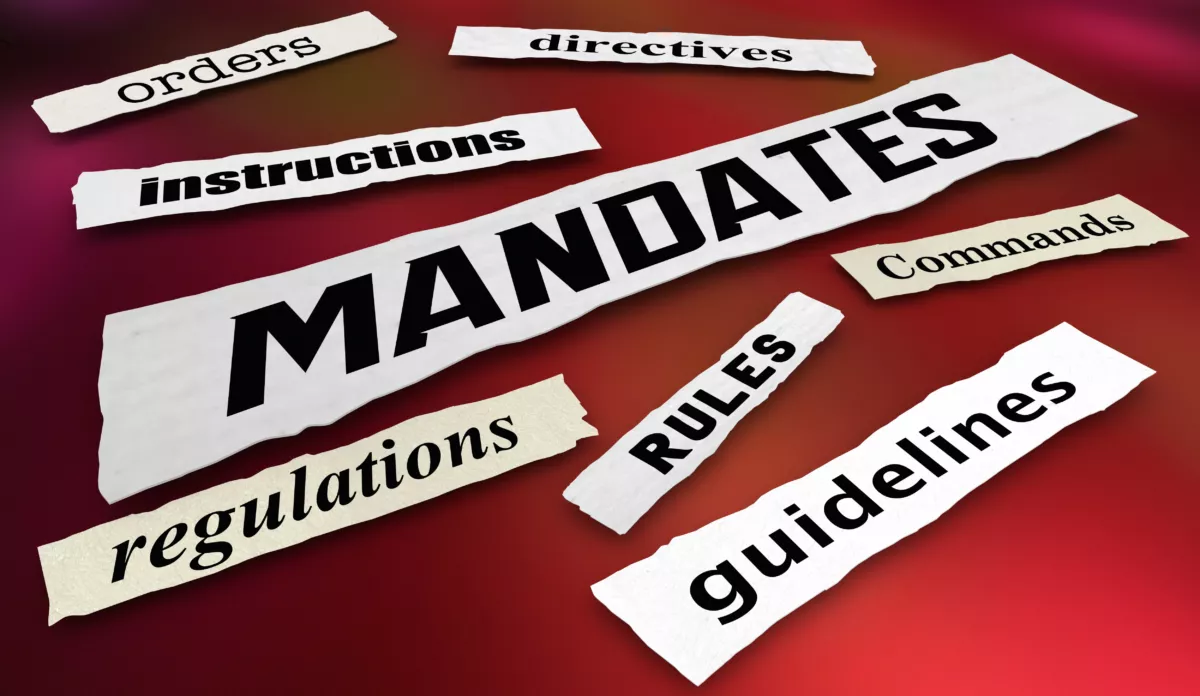Climate Control
By Gerald Heinrichs
One of the greatest environmentalists was Henry David Thoreau. His book, Walden or Life in the Woods, has been studied by millions. Almost two centuries later, Walden continues to be a valuable guide for simple living and finding harmony with nature.
But Thoreau also believed in individual freedom and limited government. On freedom, Thoreau said, “Let him step to the music which he hears, however measured or far away.” Regarding the power of the state, he wrote, “That government is best which governs least.”
As for environmental laws, they have always existed. Tribal societies had rules that restricted fishing and hunting during breeding seasons. And ancient Rome had laws that prohibited dumping waste near water sources.
In 2025, however, there are so many environmental laws in Canada—federal, provincial and municipal—that no one knows the exact number.
Today’s stack of environmental laws started growing in the 1960s. Rachel Carson’s 1962 book, Silent Spring, had a huge impact. By the end of the 1970s, the United States had federal laws in place that supported clean air, clean water, protected endangered species, and mandated environmental review of major projects. Canada followed suit more slowly, adopting similar laws.
Don’t lose touch with uncensored news! Join our mailing list today.
But those laws in the 1970s and 80s targeted big projects and big industry. They had little direct impact on individual households.
Since the 1997 Kyoto Protocol to reduce greenhouse gases, however, things have changed. The stack of environmental laws has grown very fast, particularly in the last decade. And Western governments like Canada’s have become more eager to regulate individual lives and households.
There are many examples. Climate laws tell us what kind of car to buy. Governments now mandate, and ever micro-manage, how we discard our trash. Laws forbid private businesses from giving out plastic bags, forks and straws. Climate laws control housing construction.
Governments decree that “fossil” fuel is bad electricity, but wind and solar are good. And all levels of government throw taxpayer dollars at one climate experiment after another—electric fire trucks, battery factories, multi-million dollar bike paths, and almost any new idea that claims it will help the climate.
Moreover, there are crowds of activists wanting government to go even further: banning gas stoves, creating car-free zones, and mandating people to live in “15-minute” zones.
And still it goes on.
A recent CBC article proposes that owning a dog, eating meat, and flying on an airplane harm the planet. The Carbon Sense Coalition says we should ban bottled water and vacations by car. And NBC ran a story called “Science proves kids are bad for Earth.”
Some other force is at play. One editorial says, “This isn’t about saving the planet. It’s about reshaping your lifestyle, one mandate at a time.” Author Brian Sussman’s book goes even further and labels much of it “Eco-Tyranny.” And an editorial in the Epoch Times claims there is a dark spectre at work, stating, “Communism has latched onto environmentalism to create a large-scale panic, advocate a warped sense of values, deprive people of their freedom, attempt to expand government, and even impose a world government.”
Whatever it is, the US government is now making U-turns and cutting back on environmental laws. Americans, or certainly a lot of them, have simply had enough.
In January, President Trump signed an executive order reversing former President Biden’s laws about electric vehicles. Trump says that his administration would “eliminate the electric vehicle (EV) mandate and promote true consumer choice.” In September, Trump announced a similar about-face on renewable energy. Trump’s message on social media was blunt: “We will not approve wind or farmer-destroying solar. The days of stupidity are over in the USA!!!”
Furthermore, Trump’s Environmental Protection Agency (EPA) director, Lee Zeldin, announced cuts to 31 areas of environmental regulations, saying, “We are driving a dagger straight into the heart of the climate change religion to drive down cost of living for American families, unleash American energy, bring auto jobs back to the U.S. and more.”
For some Canadians, these American announcements are hard to believe. Prime Minister Carney has, in the past, praised Greta Thumberg saying, “I am part of her movement.” But the US reversal on environmental laws makes it hard for Canada’s government to be friendly with many of today’s eco-defenders.
What’s next for Canadians?
Fifty years ago, Canada followed the US policy that expanded environmental laws. In the coming months we will see whether or not Canada follows the US initiatives in cutting them back.
Gerald Heinrichs is a lawyer in Regina, Saskatchewan.











